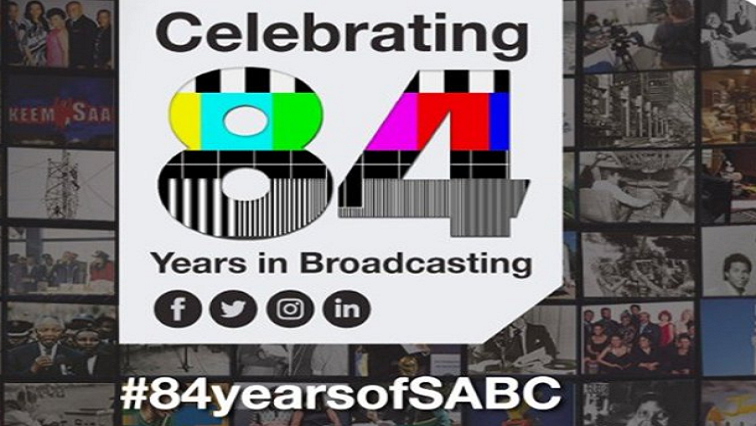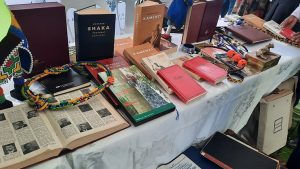On 01 August 2020, the South African Broadcasting Cooperation (SABC) celebrated its 84th year anniversary of broadcasting, a commendable feat that the Pan South African Language Board (PanSALB) could not let pass without due regard to the public broadcaster’s immense contribution to the development of indigenous language in South Africa.
The SABC is a critical element in the advancement of the language agenda in the country, and its representation of all the languages of the land have a positive impact in not only developing these languages but also promoting social cohesion. It is important, therefore, to recognise the value of having a public broadcaster that has ensured eighty (80) years of dedication and uninterrupted commitment to promoting and protecting indigenous languages. From a tumultuous past during the apartheid era and its very first broadcast in indigenous languages in 1940 during World War II with languages such as isiZulu, isiXhosa, Sesotho and Setswana, the SABC has come a long way.
Today, the SABC boasts programming that is authentic and is representative of its culturally and linguistically diverse public, through broadcasting in all official languages as enshrined in the constitution of the Republic of South Africa.
Over the course of the coronavirus pandemic, we have seen the SABC rise up to the challenge as it sought to address challenges often faced by the Deaf community through the inclusion of South African Sign Language in all its current news broadcasts. However, more still needs to be done to ensure equal inclusion of all language groups across all programming.
Whilst progress and provisions have been for many languages, others still remain on the outskirts of mainstream representation. That is why it is important for us to reflect on what has been achieved in order to chart a way to bring to the fold those languages that have been underrepresented in our public domains.
We ought to acknowledge, however, radio stations such as Ukhozi fm, Umhlobo Wenene, Lesedi fm and Thobela fm, not only for their excellence in broadcasting, but also for having successfully served different indigenous language groups, with each securing a spot in the top 10 of South Africa’s most popular radio stations. The establishment of these powerhouses paved a way to the establishment of Munghana Lonene fm, Motsweding fm, Phalaphala fm, Ikwekwezi fm, and Ligwalagwala fm and created an opportunity to give voice to other official languages such as Xitsonga, Setswana, Tshivenda, IsiNdebele, and Siswati. In a world that is increasingly becoming smaller and homogenic, radio stations serve as the true vessels of our languages and the SABC has been a trailblazer in this department.
Perhaps its lesser known but most notable achievement is the establishment of X-K FM, a community radio station founded in 2000, that has had a significant contribution towards the preservation of the Khoe, Nama and San languages. Situated in Platfontein, Northern Cape, the station broadcasts in !Xun and Khwe, both endangered languages in the country.
Maintaining the oral tradition and giving a voice to even the smallest of language groups and communities is what makes up a truly diverse nation that recognises all its citizens and is a critical aspect in promoting unity and provides a platform to uphold our constitutional values of multilingualism.
Radio stations have kept the torch burning when it comes to the preservations of indigenous languages. Therefore, it is important to recognise the role the SABC plays in shaping the linguistic landscape in South Africa and its contribution towards the promotion of all our languages, lest we take for granted the linguistic freedoms we now enjoy. Today, South Africa has 19 public radio stations with more than 25 million weekly listeners and five television broadcasts to the general public. All these stations continue to broadcast in the languages that our people understand, and it is important to applaud these efforts made in language preservation.
This should also serve as a reminder of where we come from as a nation, what we have achieved and awaken us to what must still be done to ensure that our languages are represented and fully recognised.
There has been a lot of ground covered and yet still more remains.
Happy 84th anniversary to the SABC, we look forward to many more years of unwavering dedication to language promotion! By Chairperson of the Pan South African Language Board, Dr Tebogo David Maahlamela.






